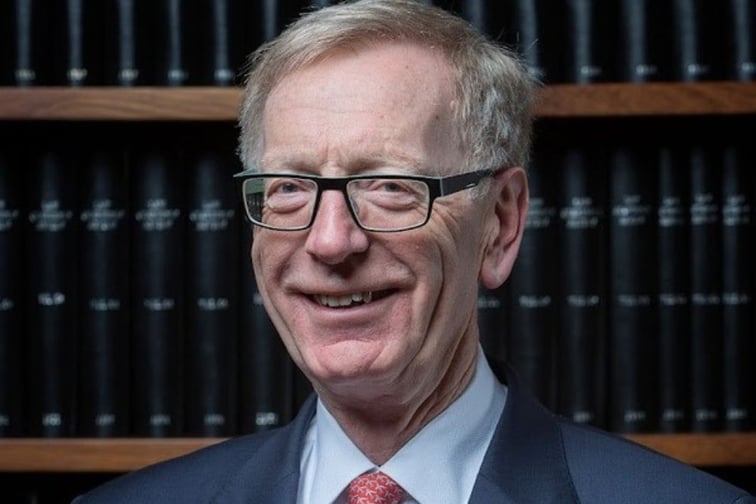

Four years after submitting his transformative report into misconduct across the banking and financial services industry, Kenneth Hayne (pictured above) has assessed his work in a rare speech. The former High Court Justice was taking part in a panel, ‘Trust Betrayed and Trust Regained’, at the International Congress of Actuaries in Sydney.
“When the Commission began its work, there was a well of public dissatisfaction with participants in the industry,” said Hayne.
During the life of the Commission, he said, he received many thousands of complaints about financial services entities, including 10,000 submitted via the commission’s web form.
Hayne added that some industry participants had already accepted that their conduct “had fallen short of what the community expected.”
He summarised his observations during the Commission’s work into four categories:
Hayne said these four considerations are useful when considering how any commercial enterprise is organized.
“They are useful because they point to various forms of risk the enterprise faces,” he said. “And identifying what the risks are is the first step in preventing their occurrence.”
Hayne said identifying standards is likely necessary to assess how well an entity is organised and operates.
He said, during his Commission, he identified “six fundamental norms of conduct” that applied to financial services.
Hayne suggested that one way of looking at breaches of “these norms” is to relate them to leadership, culture and governance.
“Since the Global Financial Crisis there has been a lot of attention to culture, governance and remuneration,” he said.
Hayne said it was up to “you” to decide if the propositions summarised in his speech could have an application beyond the work of his inquiry.
‘Bad conduct is one of the biggest risks facing financial services firms,’ said the publicity blurb for Hayne’s panel.
The topic was based on the widely held belief that the world has experienced a collapse of public trust in political and economic institutions – including the insurance industry. The panel presentations aimed to find ways of bringing the conduct of the financial services sector into line with community expectations.
Data revealed during the session showed that financial services firms, including insurance companies, have stacked up more cumulative penalties for misconduct since 2010 than any other industry. Andy Agathangelou, founder of Transparency Taskforce, presented the data during a short recorded video. Winchester, UK-based Agathangelou said while the data came from the UK he was sure the “same pattern” would apply to Australia.
Agathangelou called for accountability and radical change to restore trust in the industry.
“The kind of positive, progressive and purposeful reform delivered by the Hayne Commission has been a huge step in the right direction,” he said. “We must now seize the opportunity to build on the momentum it has created globally, starting today.”
“Choosing to take collective responsibility for what we are not responsible for,” he said, is the only mindset that can fix the trust and confidence crisis.
The Hayne Royal Commission into Misconduct in the Banking, Superannuation and Financial Services Industry aimed to reveal what was wrong across the financial services industry and how to correct it. The implementation of many of the report’s 76 recommendations continue to impact the insurance industry.
“Billions of dollars were stolen. Dead customers were charged. Worthless products were sold to millions,” said an ABC news report, two years after the Royal Commission report. “But there has been slow progress to fix the scandals exposed.”
Four years after the Commission ended, many stakeholders say there is still a long way to go.
Do you see a lack of trust as one of the insurance industry’s biggest challenges? If so, what should be done about it? Please tell us below
